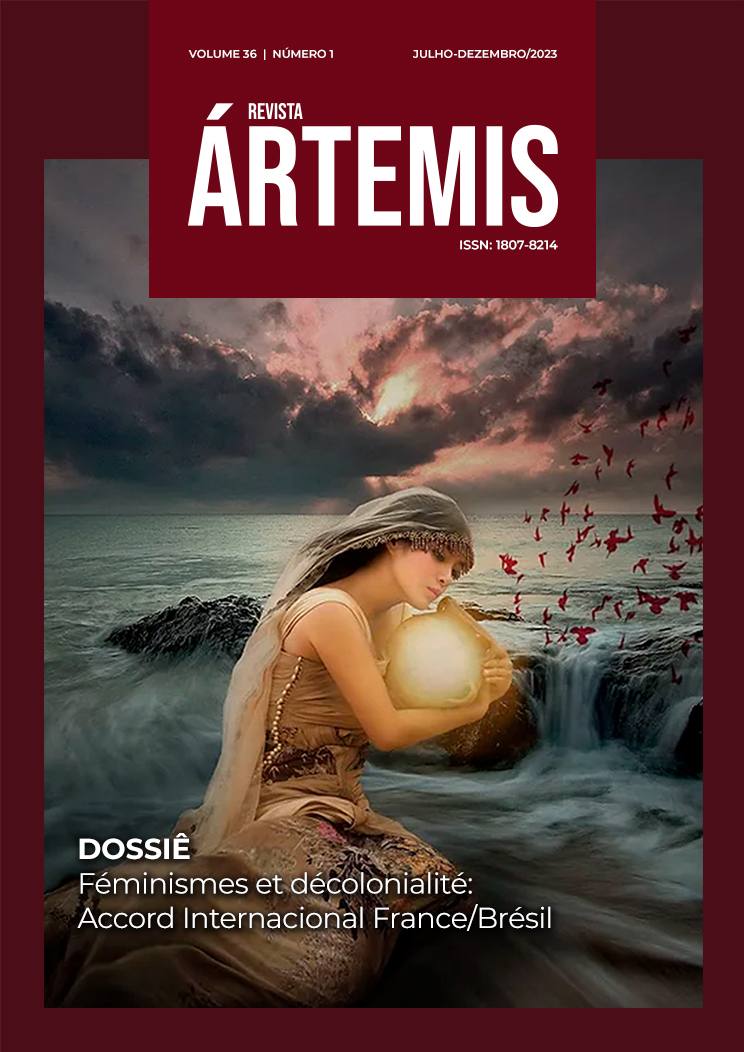Women’s health and the New Booklet for pregnant women: a stage for interactions and disputes in the implementation of public policies on/in the woman’s body
DOI:
https://doi.org/10.22478/ufpb.1807-8214.2023v36n1.66581Keywords:
women's health, body and gender, humanization of birth, maternityAbstract
A great stage of tensions and disputes has been taking place since the extinction of the public policy of Rede Cegonha (2011), which occurred in April 2022, and the implementation of its substitute, the Rede de Assistência Materno Infantil (RAMI). The first measure taken by RAMI was the launch of a New Pregnancy Handbook, in May 2022, a document considered worrying and retrograde for researchers and health professionals who are concerned with humanized care. The objective of this study was focused on analyzing whether or not the Nova Caderneta is aligned with one of the main pillars of health, which is the humanization of birth from the perspective of female protagonism. For this, the analysis of the old (2011) and the new booklet (2022) was carried out, seeking to understand the characteristics and specificities of each one. We also resorted to netnography to understand the interactions carried out on the social network Instagram, by professionals and researchers in the health area who were against the implementation of RAMI and Nova Caderneta. Data from the booklets were triangulated based on documents from the Ministry of Health and international bodies that should be taken as a parameter in the creation of these policies. Authors who reflect on the sociology of the body and corporeality were used in order to understand the social conceptions of pregnant bodies and their relationship with health. The results indicated that the Nova Caderneta is not aligned with the pillars of humanized assistance, taking away the female role and the right of women to be protagonists of their health and well-being. Furthermore, it disseminates and encourages obstetric practices, which used to be routine, but which are currently without any scientific evidence. Hence the importance of thinking about the implementation of public policies that respect the diversity and multiplicity of bodies and are inclusive.







